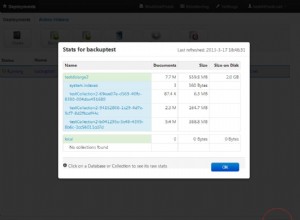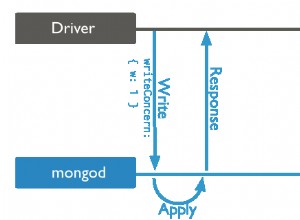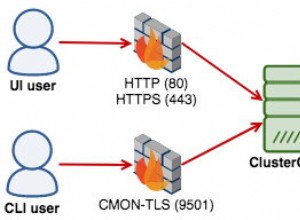Ja ... zumindest in 2.6. Sie könnten dies in einem LUA-Skript tun und das LUA-Skript einfach ein leeres Ergebnis zurückgeben lassen. Hier wird der Booksleeve-Client verwendet:
const int DB = 0; // any database number
// prime some initial values
conn.Keys.Remove(DB, new[] {"a", "b", "c"});
conn.Strings.Increment(DB, "b");
conn.Strings.Increment(DB, "c");
conn.Strings.Increment(DB, "c");
// run the script, passing "a", "b", "c", "c" to
// increment a & b by 1, c twice
var result = conn.Scripting.Eval(DB,
@"for i,key in ipairs(KEYS) do redis.call('incr', key) end",
new[] { "a", "b", "c", "c"}, // <== aka "KEYS" in the script
null); // <== aka "ARGV" in the script
// check the incremented values
var a = conn.Strings.GetInt64(DB, "a");
var b = conn.Strings.GetInt64(DB, "b");
var c = conn.Strings.GetInt64(DB, "c");
Assert.IsNull(conn.Wait(result), "result");
Assert.AreEqual(1, conn.Wait(a), "a");
Assert.AreEqual(2, conn.Wait(b), "b");
Assert.AreEqual(4, conn.Wait(c), "c");
Oder dasselbe mit incrby , indem Sie die "by"-Zahlen als Argumente übergeben, ändern Sie den mittleren Teil in:
// run the script, passing "a", "b", "c" and 1, 1, 2
// increment a & b by 1, c twice
var result = conn.Scripting.Eval(DB,
@"for i,key in ipairs(KEYS) do redis.call('incrby', key, ARGV[i]) end",
new[] { "a", "b", "c" }, // <== aka "KEYS" in the script
new object[] { 1, 1, 2 }); // <== aka "ARGV" in the script




